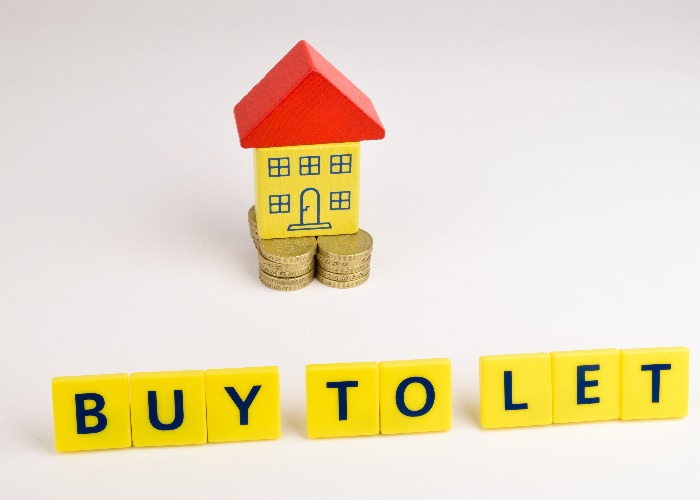Poll: tenants will be the real victims of buy-to-let crackdown

Over half of you think renters will be the biggest losers from the Government's reforms.
More than half of loveMONEY readers reckon that tenants will be the biggest victims of the buy-to-let crackdown.
Since April, anyone buying an additional property must pay an extra 3% in Stamp Duty, while from next year landlords will see their tax relief on mortgage interest payments gradually cut.
On the surface it appears landlords will be the biggest losers in this shakeup, but loveMONEY readers think otherwise.
A poll of more than 700 readers revealed 53% of you think tenants will be worse off overall. By comparison, just a quarter felt landlords would suffer most from the new rules and around one in five (22%) thought first-time buyers would be the biggest losers.
You can see the results of the poll in the picture below.
If you're buying a home, make sure you get a great mortgage rate
What you had to say
Dekmessecar commented: “Tenants will pass the charges on landlords because, as we all know, the customer pays for everything.”
Reader LandOfConfusion was far more critical of the buy-to-let brigade: “Existing BTL'ers would appear for the time being to be fine, although the political landscape is changing as more and more people are waking up to the fact that BTL'ers are essentially parasites.”
Why you might be right
We were discussing the issue in our article on the impact of the buy-to-let crackdown. In the piece, our writer pointed out that the cost of renting is already on the rise.
In the UK (excluding London), the average monthly rent in April was £764. This is 5.1% higher than the same time last year according to HomeLet Rental Index, when it was £728.
However, according to David Cox, MD of the Association of Residential Letting Agents (ARLA), while rising rents affect tenants across the board it’s those on the verge of buying that will be hardest hit.
He explained: “Those at the bottom end of the rental market can never afford to buy their own home; those at the top end only rent until they ‘want’ to buy, but those in the middle will be hardest hit as they’re living in properties they can afford to rent but not buy”.
If you're buying a home, make sure you get a great mortgage rate
More on buy-to-let:
Bank of England to force buy-to-let landlords to face stricter affordability tests
Cherie Blair leads legal fight against buy-to-let mortgage tax relief changes
Stamp Duty rise, tax relief cut, stress: why I've told my friend to avoid buy-to-let
Comments
Be the first to comment
Do you want to comment on this article? You need to be signed in for this feature